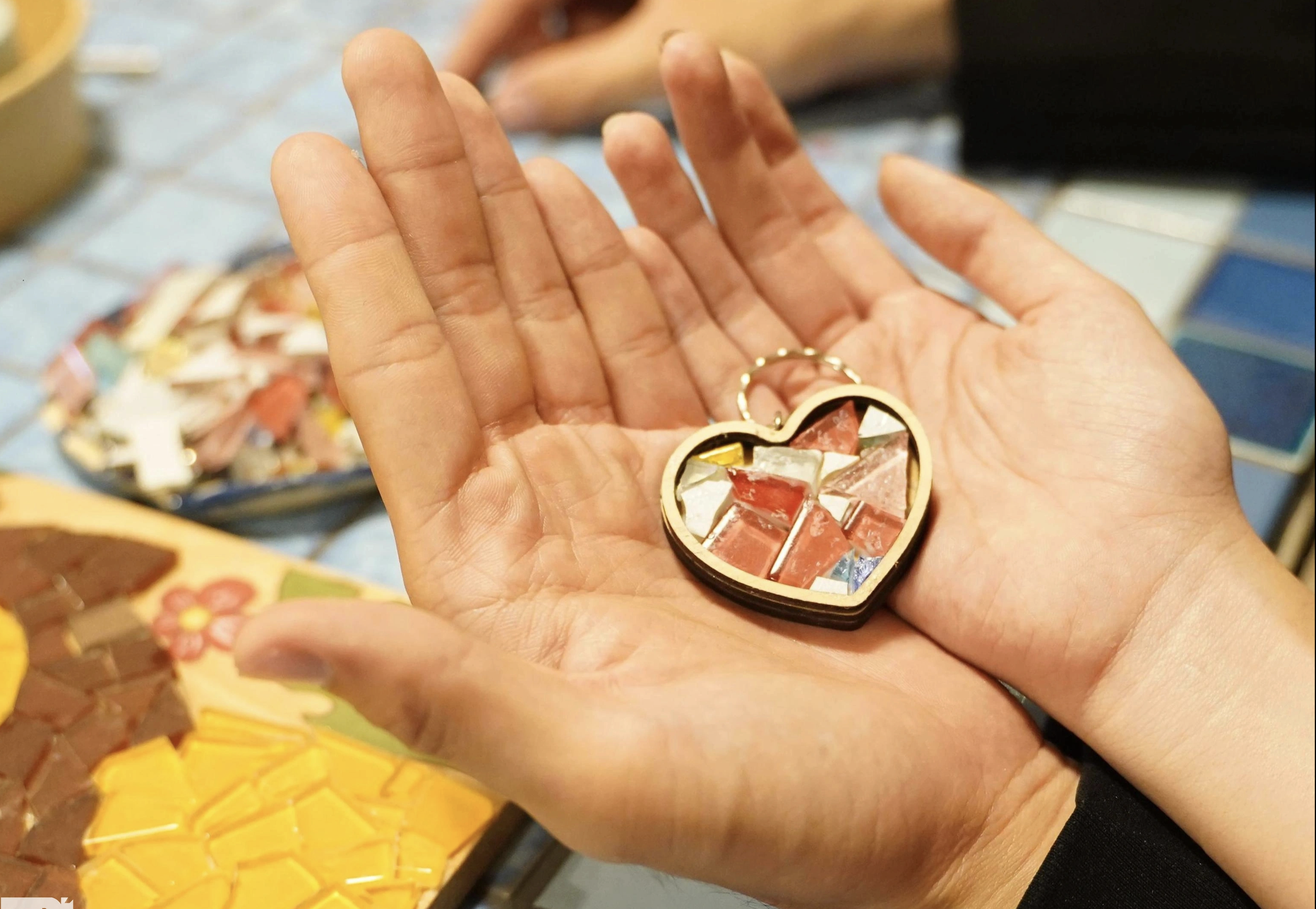Misspelled billboards with words like 'phone milk', 'chicken pearl with lemongrass and lime', 'snail stir-fried with tamarind', 'soft duck eggs', 'lemon salad'... were spread widely and extremely quickly to promote the brand and attract customers.
The normalization of spelling mistakes, grammatical mistakes, abbreviations, etc. through popular trends also causes Vietnamese to become more and more "distorted".
Missing punctuation, messy capitalization
There was a time when many young people excitedly shared a short clip recording the moment a famous beauty was taking shorthand without looking at the keyboard.
The reason the clip was so well received is because in today's context, studying, working or chatting online all require computer typing skills.
And typing without looking at the keyboard becomes a magical ability, helping us save time and enhance our ability to receive and present information.
However, over time, a situation has arisen where many people not only do not look at the keyboard, but also do not look at the text they have typed.
Incorrect tone marks, missing punctuation marks, misplaced punctuation marks, messy capitalization, extra/lack of spaces… are mistakes that are not difficult to find in young people's learning and social media communication activities.
In many cases, these mistakes are often overlooked and easily overlooked by many young people.
It should also be noted that this is completely different from the "writing without rereading" method in literary and artistic creation, which aims to create freedom in creating words, liberating the source of inspiration, following the flow of emotions and thoughts of the writer.
Intentionally misspelling to create a trend?
The normalization of spelling mistakes, grammatical mistakes, abbreviations, etc. through popular trends also causes Vietnamese to become more and more "distorted".
Many language researchers have pointed out that misspelling is often due to incorrect pronunciation of the word's inherent sound, when semantics and spelling do not go together, especially due to regional accents.
Or because the writer does not clearly understand the meaning of the word, especially with Sino-Vietnamese words, leading to incorrect usage and writing.
However, in reality, there is also the phenomenon of intentional… misspelling.
Wanting to have a unique, playful style, creating a highlight in expressive tone when communicating and chatting on social networking platforms, many young people do not hesitate to intentionally misspell.
Unfortunately, this trend of alienation to impress gradually gained the support of many social network users.
Intentionally misspelling something to create a fun, different atmosphere in a small, close-knit group is not too harsh.
But it is clear that it is necessary to apply the right person, the right object, and the right case for each specific article and comment. Especially famous people, when posting in public mode for the general public to read, need to consider carefully.
And it doesn’t stop in cyberspace. In real life, many service stores and restaurants, in order to attract attention and create a media storm, intentionally misspell their signs.
Billboards with the words "phone milk", "chicken pearl with lemongrass", "sauteed snails with tamarind", "soft duck eggs", "lemon salad"... were spread widely and extremely quickly, promoting the brand and attracting customers.
But in the long run, the benefits outweigh the harm. Along with the abuse of slang, abbreviations, and too much English, intentional misspelling not only causes negative reactions, but also affects public awareness, and leads to the distortion of Vietnamese words.
The ancients have a saying "handwriting, character" to talk about the importance of practicing beautiful handwriting in building and forming human personality.
In the context of the current development of social networks, it is possible to add the phrase "word usage, human character" to talk about the rights and responsibilities of each person in choosing the form of expression, contributing to preserving the purity of the Vietnamese language.
Practicing writing is also practicing people.
 Is Vietnamese still pure today?
Is Vietnamese still pure today?Source: https://tuoitre.vn/co-tinh-viet-sai-chinh-ta-tran-ga-xa-tac-lem-trua-de-tao-trend-20250213114258266.htm
























































Comment (0)